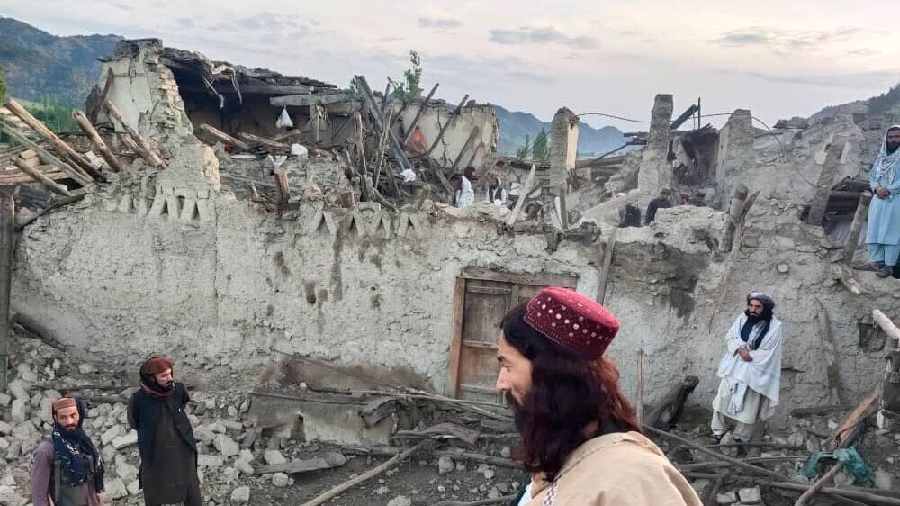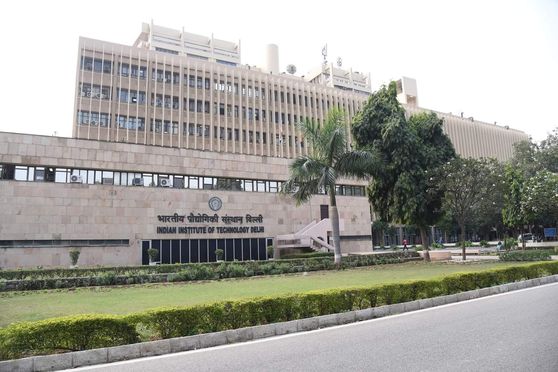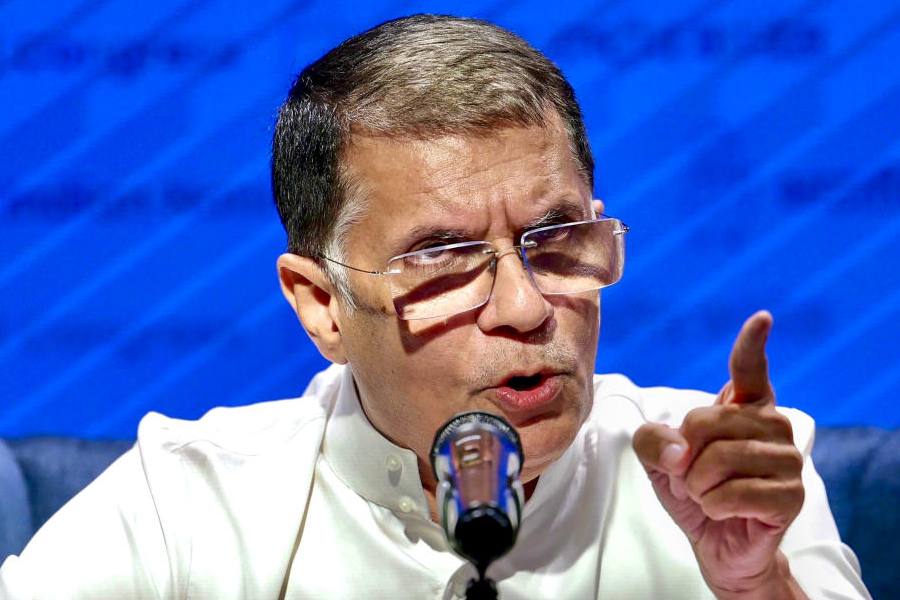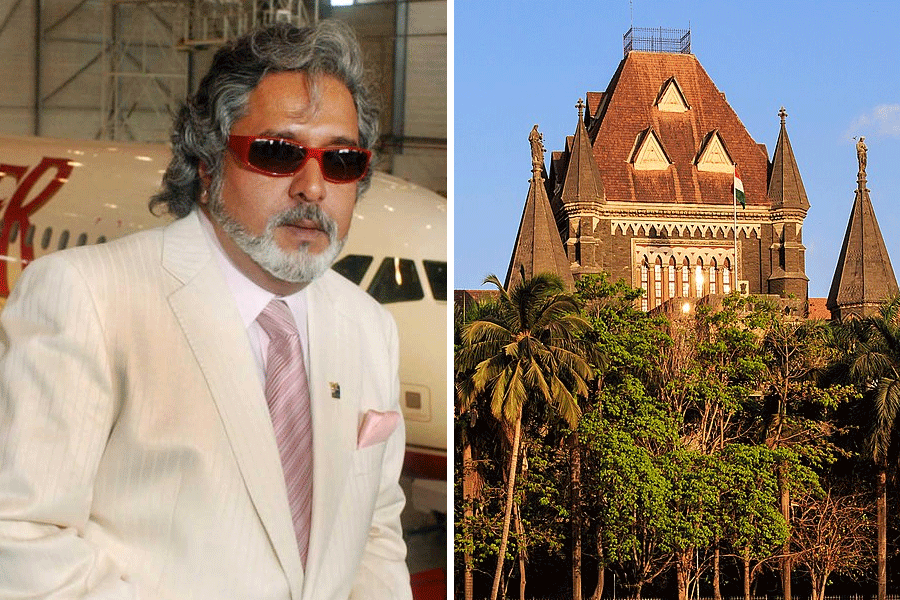A powerful earthquake struck a rural, mountainous region of eastern Afghanistan early on Wednesday, killing 1,000 people and injuring 1,500 more in one of the deadliest quakes in decades, the state-run news agency reported.
Officials warned that the already grim toll may still rise.
Information remained scarce on the magnitude 6.1 quake near the Pakistani border, but quakes of that strength can cause serious damage in an area where homes and other buildings are poorly constructed and landslides are common.
Experts put the depth at just 10km — another factor that could lead to severe destruction.
The disaster posed a major test for the Taliban-led government, which seized power last year as the US planned to pull out from the country and end its longest war, two decades after toppling the same insurgents in the wake of the 9/11 attacks.
Rescuers rushed to the area by helicopter on Wednesday, but the response is likely to be complicated since many international aid agencies left Afghanistan after the Taliban takeover.
Reaching rural areas even in the best circumstances remains difficult in Afghanistan, a land-locked nation just smaller than Texas with rutted mountain roadways that may now have sustained significant damage.
In light of those difficulties, a Taliban official asked for international help.
“When such a big incident happens in any country, there is a need for help from other countries,” said Sharafuddin Muslim. “It is very difficult for us to be able to respond to this huge incident.”
Neighbouring Pakistan’s Meteorological Department said the quake’s epicentre was in Afghanistan’s Paktika province, some 50km southwest of the city of Khost.
Buildings were also damaged in Khost province, and tremors were felt some 375km away in the Pakistani capital of Islamabad.
Footage from Paktika showed men carrying people in blankets to waiting helicopters.
Others were treated on the ground. One resident could be seen receiving IV fluids while sitting in a plastic chair outside the rubble of his home and still more were sprawled on gurneys.
Some images showed residents picking through clay bricks and other rubble from destroyed stone houses, some of whose roofs or walls had caved in.
The death toll given by the Bakhtar News Agency was equal to that of a quake in 2002 in northern Afghanistan.
Those are the deadliest since 1998, when a 6.1 magnitude earthquake and subsequent tremors in Afghanistan’s remote northeast killed at least 4,500 people.
In most places in the world, an earthquake of that magnitude wouldn’t inflict such extensive devastation, said Robert Sanders, a seismologist with the US Geological Survey.
But a quake’s death toll more often comes down to geography, building quality and population density.
“Because of the mountainous area, there are rockslides and landslides that we won’t know about until later reporting. Older buildings are likely to crumble and fail,” he said.
“Due to how condensed the area is in that part of the world, we’ve seen in the past similar earthquakes deal significant damage.”
The Taliban are still trying to reconstitute government ministries abandoned by staff loyal to its previous western-backed government, and it was not clear how officials arrived at the casualty tolls reported by Bakhtar.
In Kabul, Prime Minister Mohammad Hassan Akhund convened an emergency meeting at the presidential palace to coordinate the relief effort, and Bilal Karimi, a deputy spokesman for the Taliban government, wrote on Twitter to urge aid agencies to send teams to the area.
The “response is on its way”, the UN resident coordinator in Afghanistan, Ramiz Alakbarov, wrote on Twitter.
That may prove difficult given the situation Afghanistan finds itself in today. After the Taliban swept across the country in 2021, the US military and its allies fell back to Kabul’s Hamid Karzai International Airport and later withdrew completely.
US support
US President Joe Biden has directed USAID and other federal government entities to assess how it can respond to help those most affected by Wednesday’s earthquake in Afghanistan, national security adviser Jake Sullivan said.
“We are committed to continuing our support for the needs of the Afghan people as we stand with them during and in the aftermath of this terrible tragedy,” Sullivan said in a statement released by the White House.











